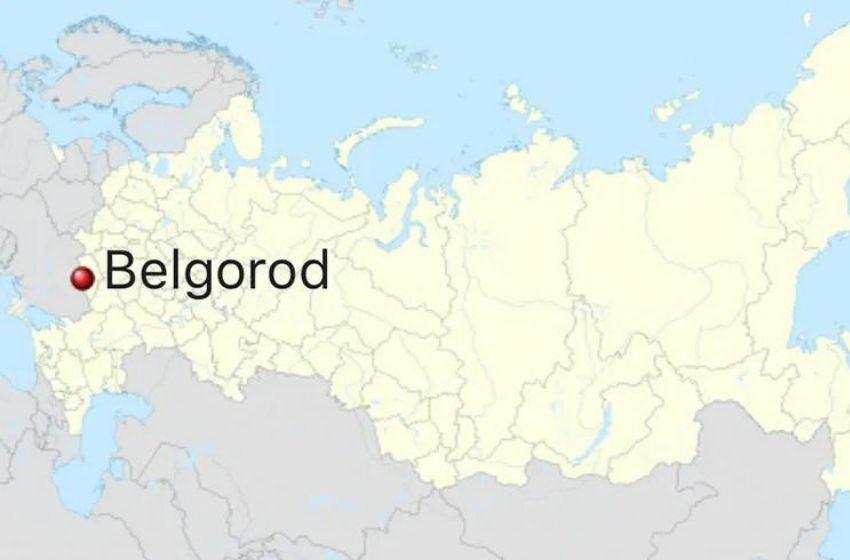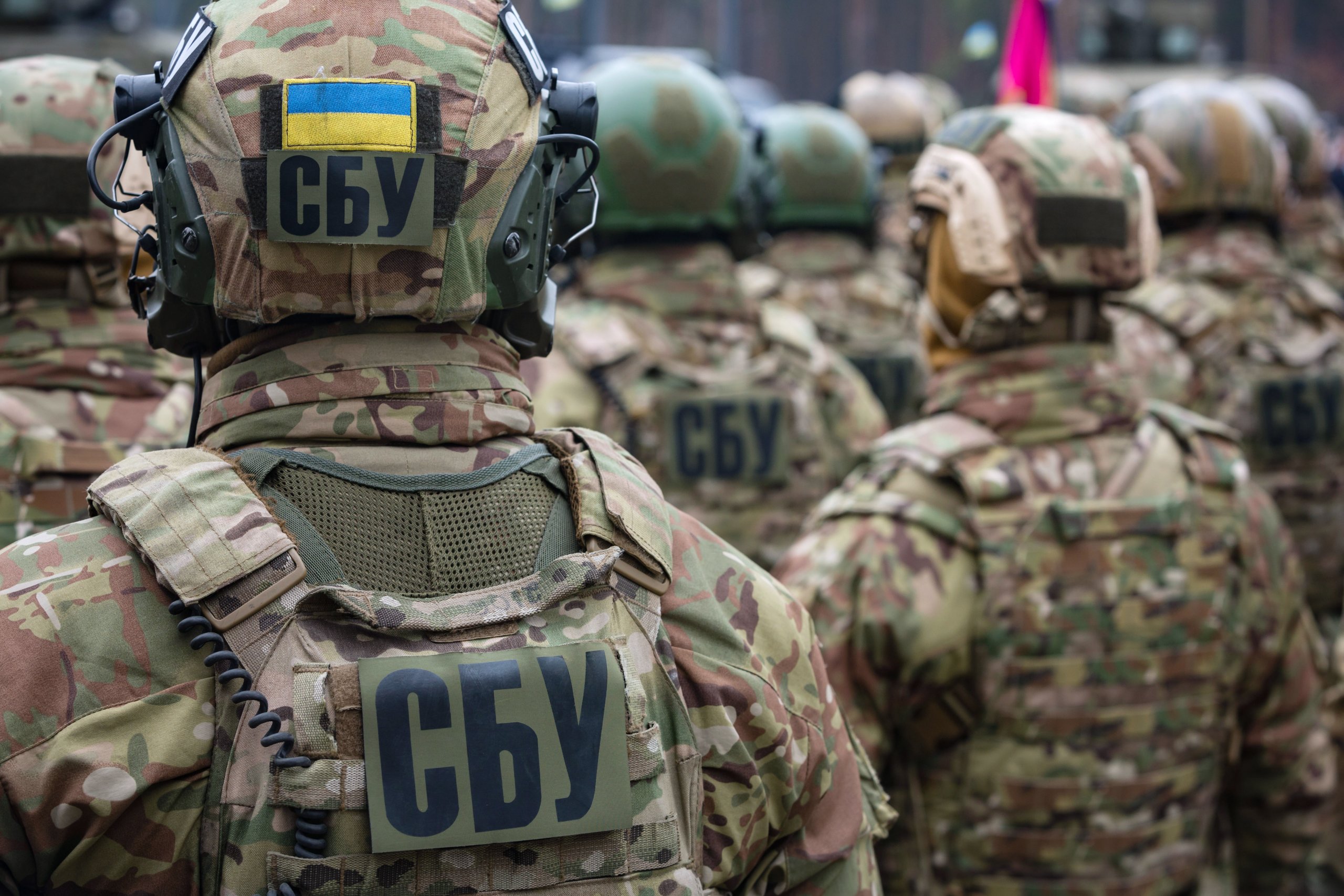The Ukrainian Ministry of Defense's Main Intelligence Directorate representative, Andrii Yusov, commented on recent anti-Israeli incidents at the airport in the city of Makhachkala. He stated that Russia, as an aggressor state, has long been and remains one of the key centers of xenophobia and anti-Semitism in the world.
Yusov pointed out that the recent anti-Semitic and xenophobic actions in Makhachkala represent an apogee, and both before and after this incident, a series of anti-Semitic and xenophobic events occurred in Russia-controlled regions in the North Caucasus. Russia's history of xenophobia and anti-Semitism can be traced back to the time of the Russian Empire. Yusov also mentioned the mass Jewish pogroms at the beginning of the 20th century, which were organized and controlled by the Russian secret police during the tsarist era.
Regarding the recent anti-Semitic incidents in Makhachkala, Yusov emphasized the apparent involvement of Russia's security services.
"It would be naive to believe that in Russia, which is a dictatorship where people are imprisoned for social media comments and solitary protests with empty sheets of paper, grown men can spontaneously gather and engage in destructive actions while security forces silently observe. He pointed out that such events are part of an organized process. This underscores his belief that the recent anti-Semitic incidents in Makhachkala were not spontaneous acts but orchestrated actions," Yusov emphasized
Andrii Yusov didn't rule out the possibility that this process might be linked to internal power struggles within Russian security structures. He emphasized that these events, along with the attempt to overthrow Prigozhin, are very serious blows, personally to Putin and his regime.
At the same time, Moscow could exploit the anti-Semitic disturbances in Dagestan to increase pressure on the oppressed peoples under its rule. Yusov suggested that it could be a provocation aimed at intensifying repression and suppressing potential protest sentiments in the North Caucasus, particularly in the territory of Dagestan, Chechnya, and among those nations and republics that are potentially most inclined to continue their struggle for independence and rights.





















